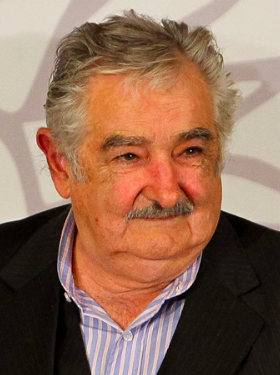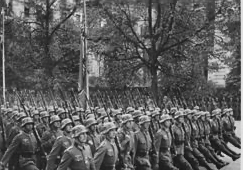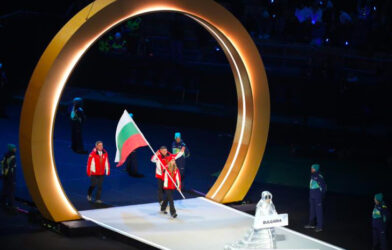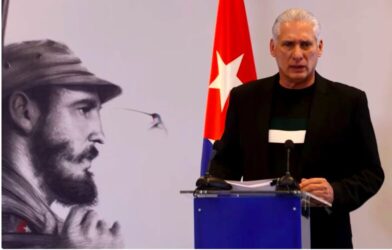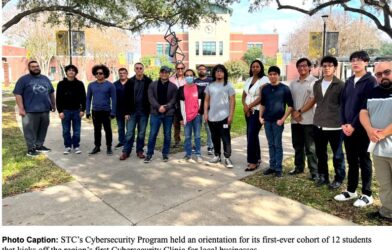IN SUMMARY
By Alfredo Cuéllar
At a time when the world seems to surrender to cynicism, greed, and the banality of power, the figure of José Mujica stands taller than ever. His death, confirmed on May 13, 2025, at the age of 89, has shaken Latin America and the world. Not because it was unexpected—he had announced in 2024 that he was battling esophageal cancer—but because of what his absence represents: the farewell to one of the last great moral beacons of international politics.
Mujica, affectionately known as ‘Pepe,’ was a guerrilla, political prisoner, senator, minister, president, and farmer. But above all, he was consistent. He embodied the radical dignity of believing that power must be lived not as privilege, but as service.
A PRESIDENT WHO LIVED AS HE PREACHED
Elected president of Uruguay in 2009, he took office in 2010 at the age of 74. On his first day, he announced he would donate most of his salary to housing programs. He refused to live in the presidential residence and continued to live in his modest farm on the outskirts of Montevideo. His official vehicle was his iconic 1987 sky-blue Volkswagen Beetle.
“A poor person is not someone who has little, but someone who always wants more,” he often said, quoting Seneca. In an era of millionaire presidents, vain populists, and leaders frequently linked to scandals, Mujica was the ethical exception that proves every rule of disillusionment.
LEGISLATIVE AND SOCIAL LEGACY
During his government (2010–2015), Uruguay legalized same-sex marriage, decriminalized abortion, and became the first country in the world to legally regulate the marijuana market. But beyond those policies, his legacy lies in tone, in example, and in the political pedagogy he practiced without pretension.
He never took refuge in resentment or arrogance. “The left makes a mistake when it replaces the dogma of the market with the dogma of the state,” he said in 2012. His style was direct, philosophical, rustic, and profoundly human.
FROM PRISON TO THE CONSTITUTION
As a member of the National Liberation Movement–Tupamaros, Mujica fought against the dictatorship in the 1960s and 70s. He was shot six times and spent almost 15 years in prison, many of them in solitary confinement. The dictatorship fell in 1985, and Mujica emerged not with a thirst for revenge, but with a commitment to democracy.
He transformed the armed struggle into a political movement. He joined the Broad Front, was elected deputy and later senator. Always wearing the same checkered shirt, the same mustache, and the same disdain for hypocrisy.
A STATESMAN IN AN AGE OF MERCHANTS
Today, when narco-states and corruption infect governments across the continent, when leaders are bought and sold or impose narratives of fear and hatred, Mujica’s legacy takes on a heroic dimension.
He was a tie-less diplomat who earned the respect of presidents, farmers, and scholars alike. In international forums, his humility disarmed the powerful. His famous speech at the UN in 2013 remains one of the most powerful critiques of global consumerism.
HUMILITY AS POWER
From a Micropolitical perspective—the study of gestures, symbols, and the subtle uses of power—Mujica understood that moral coherence is also a form of authority. His renunciation of luxury, his direct language, and his rejection of pomp were ethical communication strategies that turned him into a globally respected figure.
He didn’t impose: he persuaded. He didn’t shout: he reflected. He didn’t promise: he acted.
THE VOICE OF THE VOICELESS
Upon news of his death, social media filled with his quotes. One of the most shared: “Freedom is not doing what you want, but having time to do what you love.” Mujica embodied that: a different way of exercising power. One that didn’t need to shout to be heard.
In times when politics seems soulless, Mujica reminds us that politics can also be an act of love.
CONCLUSION
Pepe Mujica is gone, but he has not disappeared. His disheveled image, his sky-blue Beetle, his three-legged dog Manuela, his flower fields, and his austere life will continue to echo in the minds of those who still believe that another world is possible.
When all seems lost, figures like his restore our faith in politics as vocation and as hope.
Alfredo Cuéllar is a writer, international analyst, and creator of the discipline of Micropolitics: the exercise of power. He has taught at universities in the United States and Latin America, including Harvard. He currently works as a columnist and lecturer on leadership, power, and contemporary geopolitics.
Contact: alfredocuellar@me.com





